Postpartum depression is a terrible but very common condition that becomes lost in our need to make the conversation about a woman’s journey from pregnancy to motherhood positive and sanguine. Because of these rosy conversations women often assume having a baby will be nothing but joy and cuddles. It should come naturally to us, because after all, we were born to do this, right? Wrong. Becoming a mother may be a smooth, linear progression of events for some, but definitely not for all. I am one of the women who suffered from the crippling effects of postpartum depression.
After having dutifully read half a dozen pregnancy books, I felt reasonably prepared for the arrival of my son. Little did I suspect that my hormones were about to rebel against my entire being, and my mind about to dove tail into a black abyss. Immediately after I returned home with my newborn, I felt suffocating waves of anxiety wash over me. I could not sleep or eat and I was convinced that my body was not producing enough milk to nourish my baby. “I’m starving my child,” I thought.
Erratic behavior accompanied this nervousness. One day, I stood emotionless in front of my bathroom mirror and chopped off a couple of inches from my shoulder length hair. I couldn’t tell you why. Not only did my mind seem incapable of rational thought, but I had completely forgotten how to perform the most mundane of tasks. I loved to cook; the kitchen was always my sanctuary. Yet a few days after the birth of my son, I stood in front of the stove, confused and unable to remember the recipe for chicken curry, a dish I had prepared a thousand times before.
Fortunately my mother-in-law, who lived with us at the time, took over the day-to-day cooking. Anxiety, obsessive, irrational thinking, and amnesia led to tears. I broke down in sobs all day and all night. Neither my mother-in-law nor my mother, who I would call in Pakistan, could make heads or tails of my mental state. My well-meaning but frustrated mom told me I should be grateful for a full life and a healthy son. “Try and snap out of it, Jehanara.” Her words seem callous yes, but I do not blame her. She and my mother-in-law belong to another generation, another culture—one where postpartum depression did not have a name and one where middle-class women did not need to dive back into full time jobs after a hurried maternity leave, discretely pump breast milk at their desks or agonize over finding affordable child care.
The women in my life did not understand. I turned to my husband for empathy, but he chalked up my behavior to fact that I had always been prone to anxiety. To his credit though, he finally did some research and came across a spectrum of anxiety disorders, including postpartum depression (PPD), which he realized somewhat matched my symptoms. Upon his nudging, I reluctantly reached out to my OB-GYN. I had hoped for a concrete diagnosis or, at the very least, some guidance, but I was dismissively told to “just get a good night’s sleep.” Right. It was precisely because my mind was either racing with worrying thoughts or too drained to think straight, that I could not sleep.
PPD creates a sense of shame. “What is wrong with me? I should be happy.” It is this guilt that keeps a woman from sharing her suffering with her social circle. It was only when I worked up the nerve to confide in friends that I learned how many of them had experienced PPD themselves. The numbers shocked me but the silence didn’t.
Most women who suffer from this condition, especially in South Asian cultures, guard their pain like a dirty, little secret, because they fear being perceived as weak and unfit for motherhood.
This sense of shame is further exacerbated when faith enters the mix—many women often feel as though they are being brattish and ungrateful for feeling such acute depression at a time they expected to smile and celebrate the miracle with which God has blessed them. I felt I was betraying Allah even when I would kneel before Him and ask for His forgiveness for my uncontrollable sobs. Paradoxically, my faith proved not just a source of guilt during my bout of PPD, but also an anchor of sorts. It was a reassurance to know that Allah was watching over me, that He alone understood the pain even I myself couldn’t articulate and that somehow, at some point He would ease my hardship.
I was lucky that my state of mind gradually began to improve as my twelve weeks of maternity leave drew to an end, but not before I had a harrowing experience. The minute details of that day are still crystal clear in my mind. I was standing at the ironing board holding a warm compress over an engorged breast, while clutching the phone to an ear, waiting to speak to someone at the state disability insurance department about my benefits. I had been on hold for over 55 minutes and I felt my anxiety building. I picked up the scalding iron and instead of placing it on the warm compress, I began to move it up to my cheek. Thankfully I stopped just in time. My intention was not to harm myself; it was as though my brain refused to cooperate with my body. A strange sense of calm washed over me after that episode and the fog of PPD began to lift from that day onward. I don’t know exactly why my hormones fell into place when they did, but I was eternally grateful when they began to return to a more balanced state.
According to the American Psychological Association (APA) one in seven women experience mood disorders, such as PPD, that do not simply fade away on their own, but require therapy or medicine. These disorders can appear days or even months after delivering a baby and do not discriminate between women. Whether you are a first-time mother or a mother with one or more children, and no matter your income, age, race, religion, culture or education, you can develop a mood disorder post pregnancy.
Shame is a useless emotion in the context of PPD and anxiety. Don’t suffer in isolation if you have a story similar to mine. Confide in your family, friends and doctors. Think of your pain as a war wound, a scar to remind you of the incredibly life altering journey your mind and body took to nourish and bring another human being into this world.
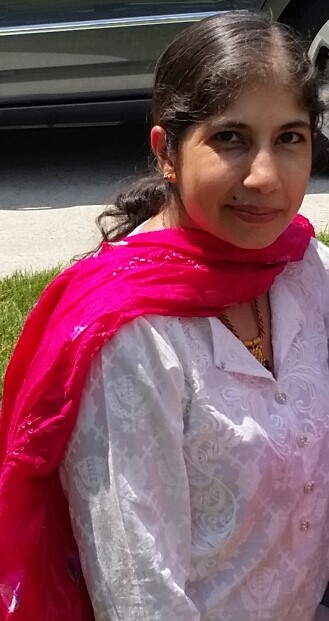
Jehanara Haider is a mother of one, a wife and an attorney. She is passionate about raising awareness of Postpartum Depression and other similar anxiety disorders.

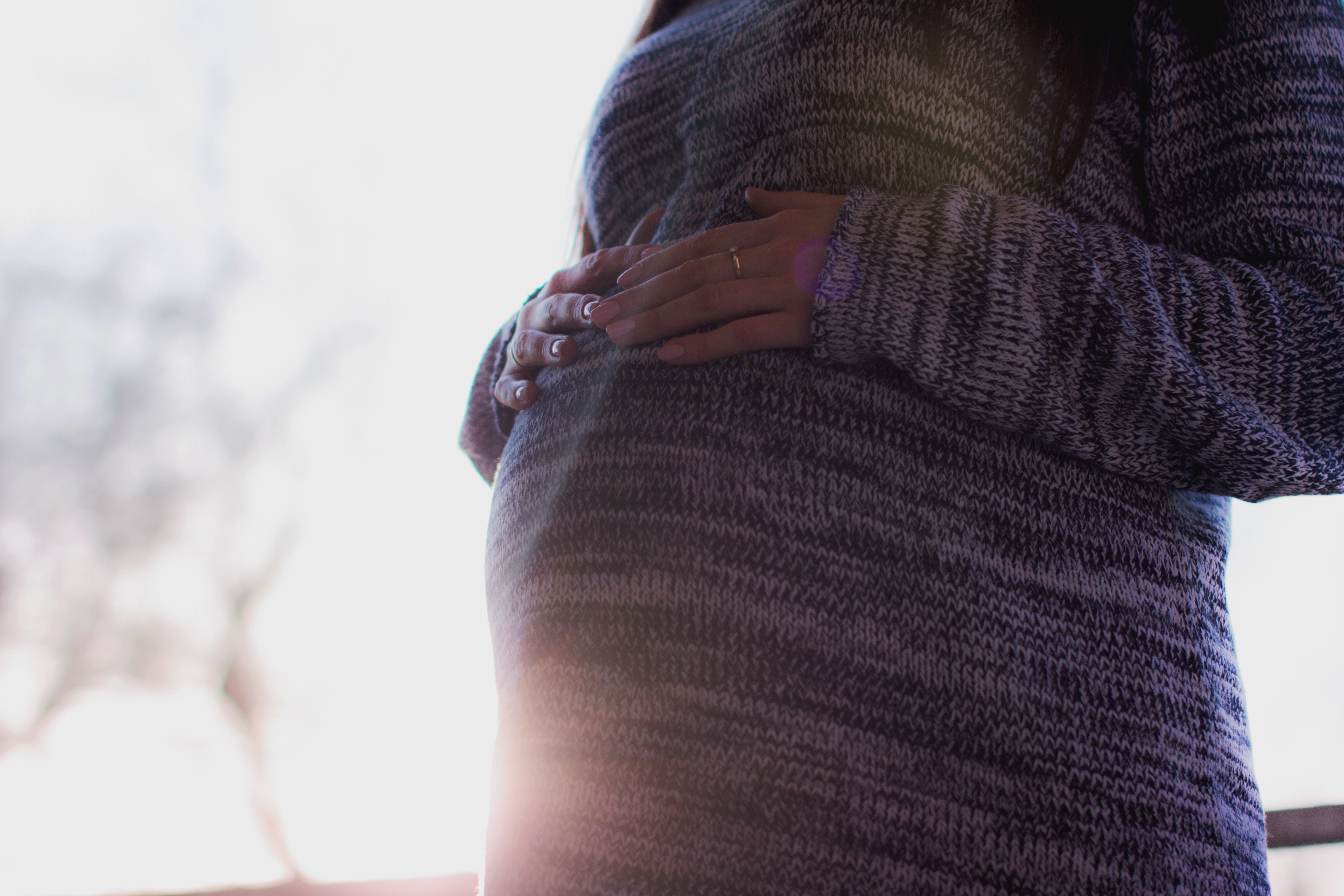

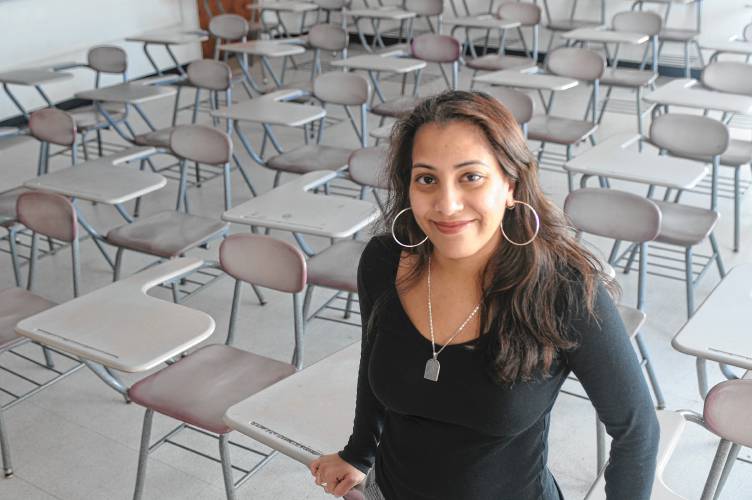
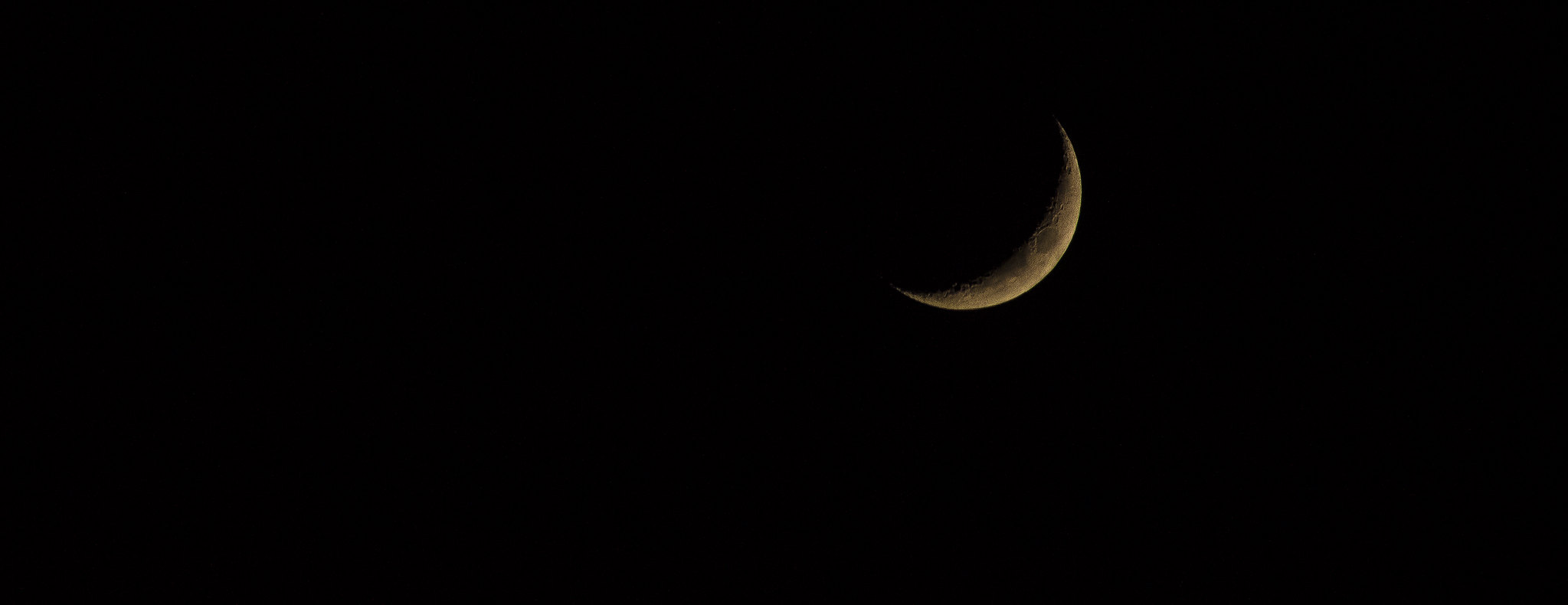
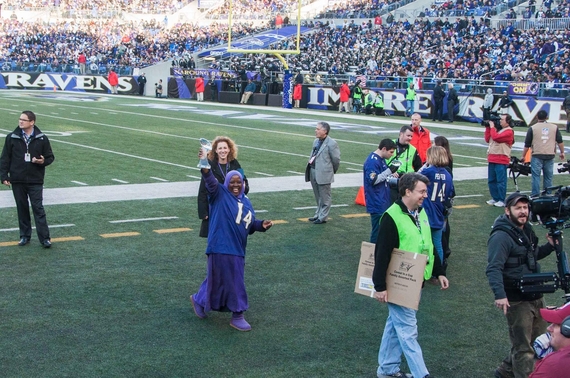
Is it possible to have a chat with you??